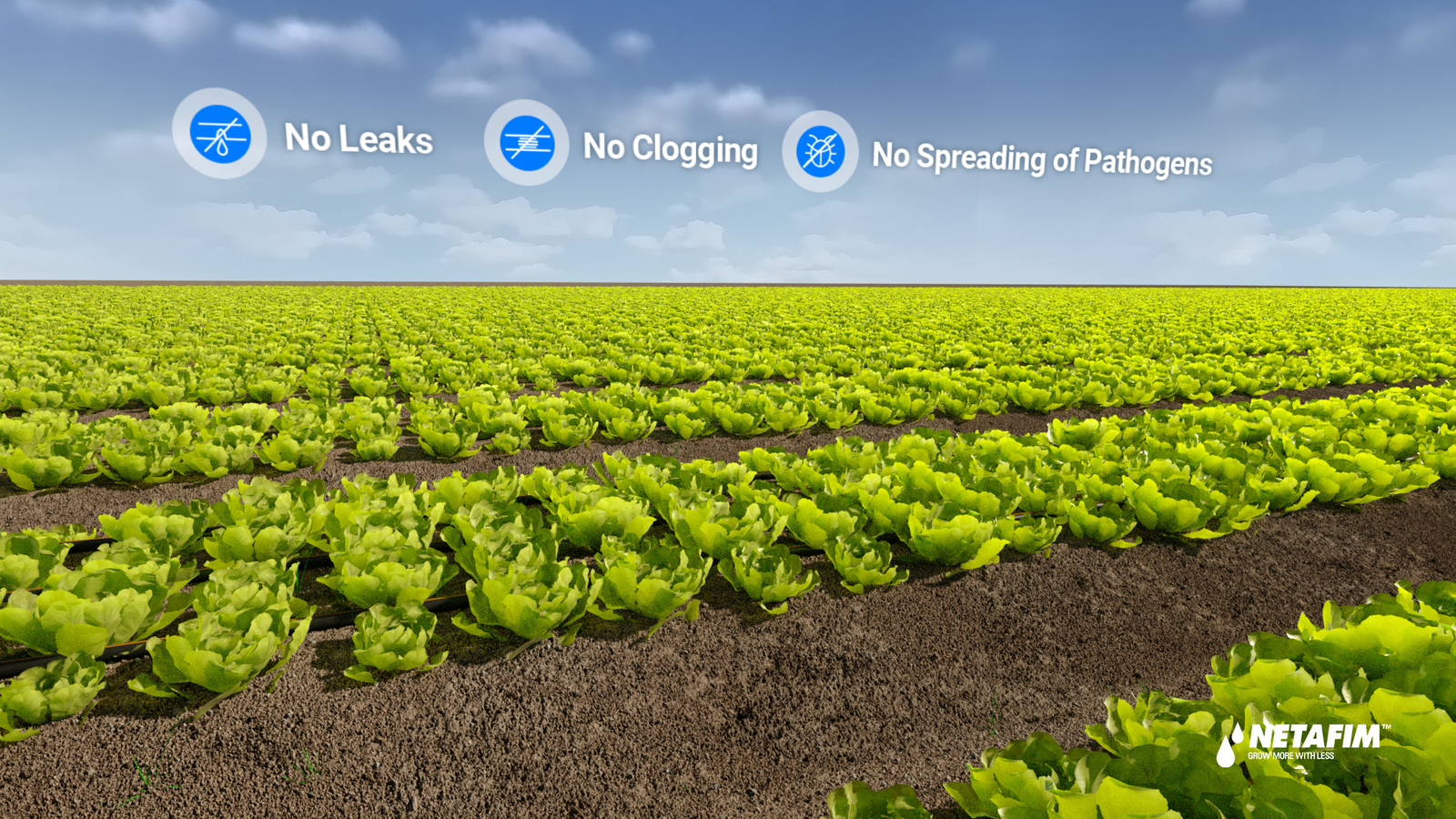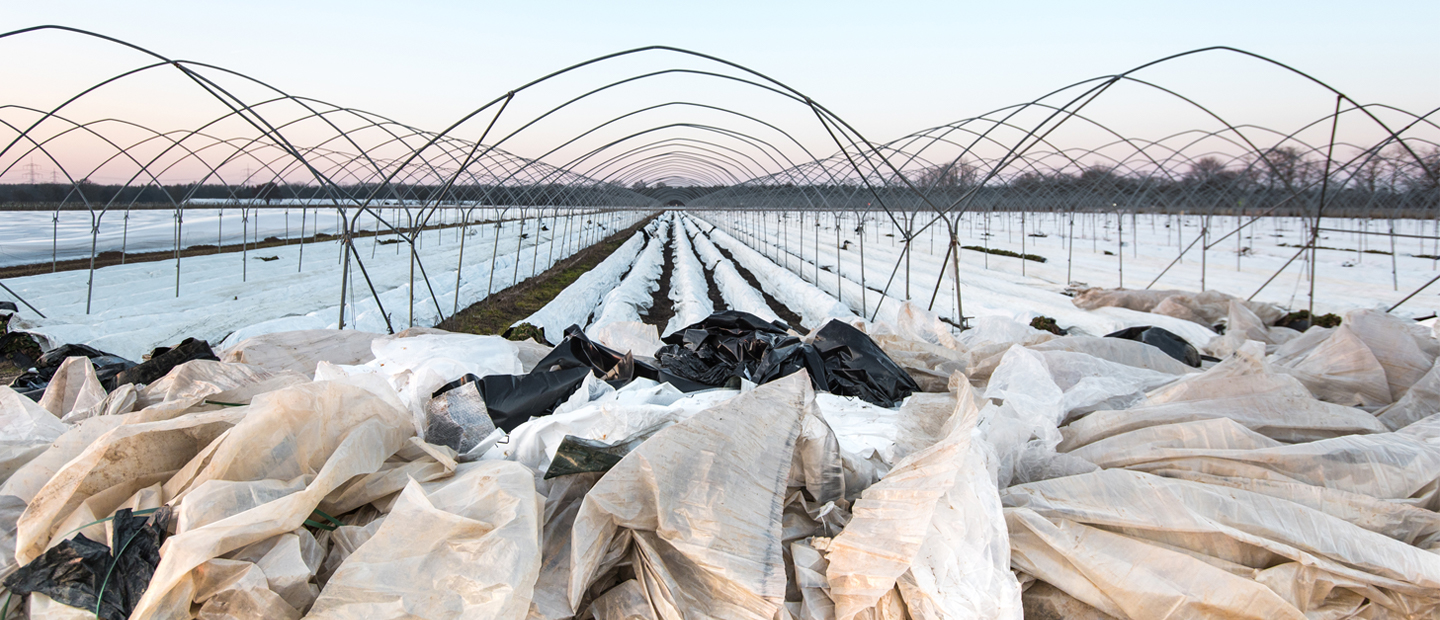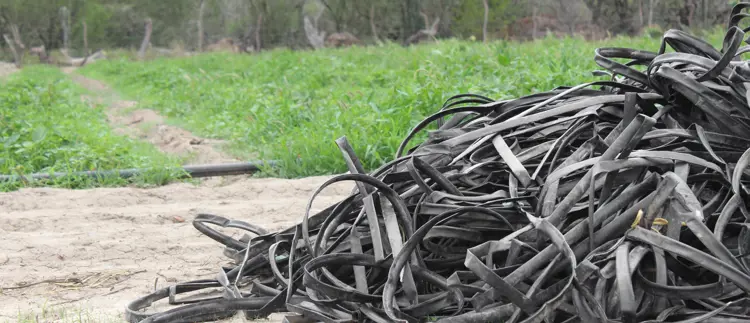Grow More with Less - Reducing Plastic Footprint in Agriculture
Agriculture, a major contributor in today’s global economy, is responsible for approximately 998 million tonnes of agricultural waste produced in a year worldwide. This number, largely disregarded and ignored, has seen a recent shift towards sustainable development and efficient waste management as it has become a major concern for all stakeholders.
Over the past decades, we’ve witnessed as well how the use of plastic in agriculture has garnered increasing global attention. Integral to most farm operations across all agricultural sectors, plastics have been replacing traditional materials at a rapid pace because of their increased production efficiency, ease of use, and cheaper cost. But, what about their disposal? Everything decomposes on this planet; everything except for PLASTIC.


